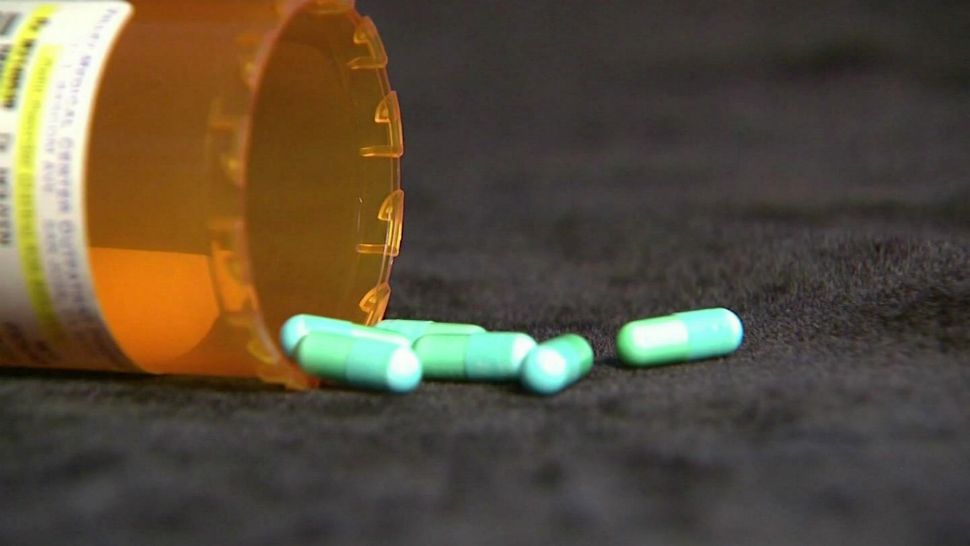With each step Fred Brown feels pain shooting throughout his body.
- New opioid legislation signed on March 19
- It limits amount of days a physician can prescribe opioids
- Some worry the law will hurt legitimate pain sufferers
“Any slight movement which you would consider very normal creates a tremendous amount of discomfort,” Brown said.
It’s the effects of over eight surgeries on his neck and knees which have left him in excruciating and constant pain for the past 20 years.
Just standing for an interview was almost too much to bear.
“Unfortunately when we started and where it is right now is becoming more intense but it’s important, it’s important to share my story,” said Brown.
Brown’s story is one of pain and a treatment plan that includes taking opioid-based painkillers to help him live a normal life.
“I know that the medication is something that does work,” he said.
But now Brown’s worried that a new bill signed into law by Gov. Rick Scott last month, as a push to curb the opioid epidemic, could hurt people with legitimate pain problems.
HB 21, signed into law on March 19, limits the amount of days a physician can prescribe opioid painkillers to 3 days or up to 7 days in special cases. There are exceptions for chronic pain sufferers.
To get another perspective on how this could affect others, Spectrum News 13 reached out to a pain specialist at Physician Partners of America, Pain Relief Group.
Dr. Taufiq Ahmed said he understands the need for more regulation, but he's concerned about the unintended consequences legitimate pain sufferers could face.
“It’s been a little frustrating for us pain providers as well because we realize not every injury is a three-day or a seven-day situation,” he said.
Ahmed, who is a trained anesthesiologist, incorporates alternative methods to help reduce the likelihood of his patients developing a dependence on opioids.
“Everyone has good intentions in mind, and to be frank the issues with the amount of heroin and opioid overdoses we’re seeing in Florida is staggering,” he said.
It’s an issue Orange County officials have tried to address, equipping first responders with overdose reversal drugs.
“We have over 1,200 officers now and deputies throughout our law enforcement agencies carrying Naxolone, and they have saved - since they implemented this in June 2016 - over 180 lives have been saved,” said Carol Burkett, director of Orange County Drug Free Coalition.
Florida has ranked in the top ten for opioid-related overdoses since 2016, according to the Centers for Disease Control and Prevention.
But thousands like Brown don’t fall into the category of illicit users, or prescription abusers and he’s worried the help he’s relied on will be stripped away.
“We’re sick and that’s what we are,” he said. “We happen to have bones and muscles and nerves that don’t work right.”
For hopeful physicians like Dr. Ahmed, the new law which takes effect on July 1, will be one of trial and possible error.
We just have to make sure that in the process of fixing one issue we’re not worsening another issue and I think that’s potentially a problem here,” Ahmed said.



